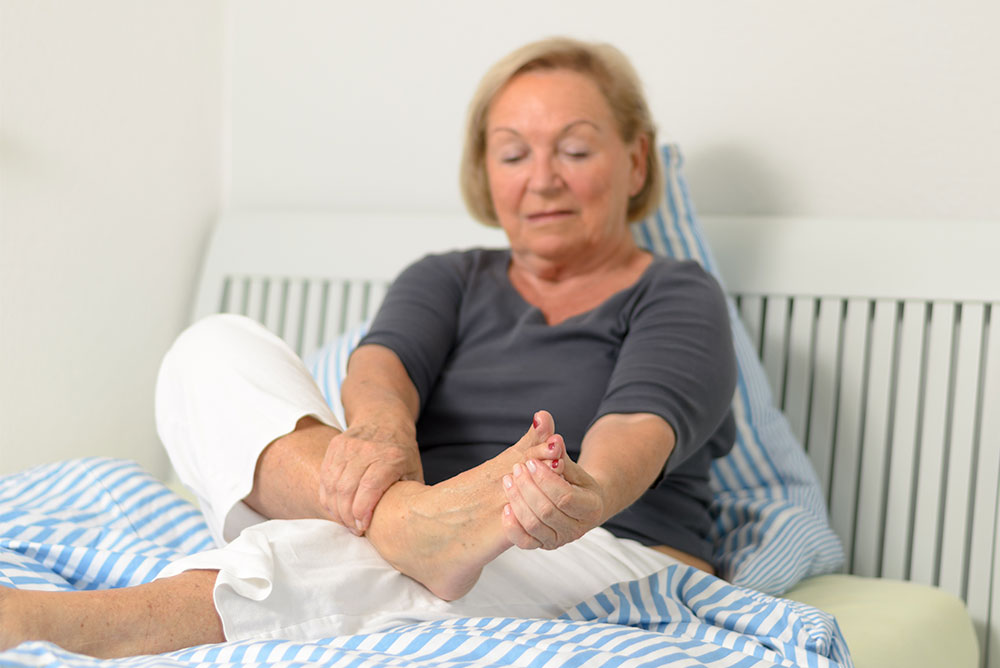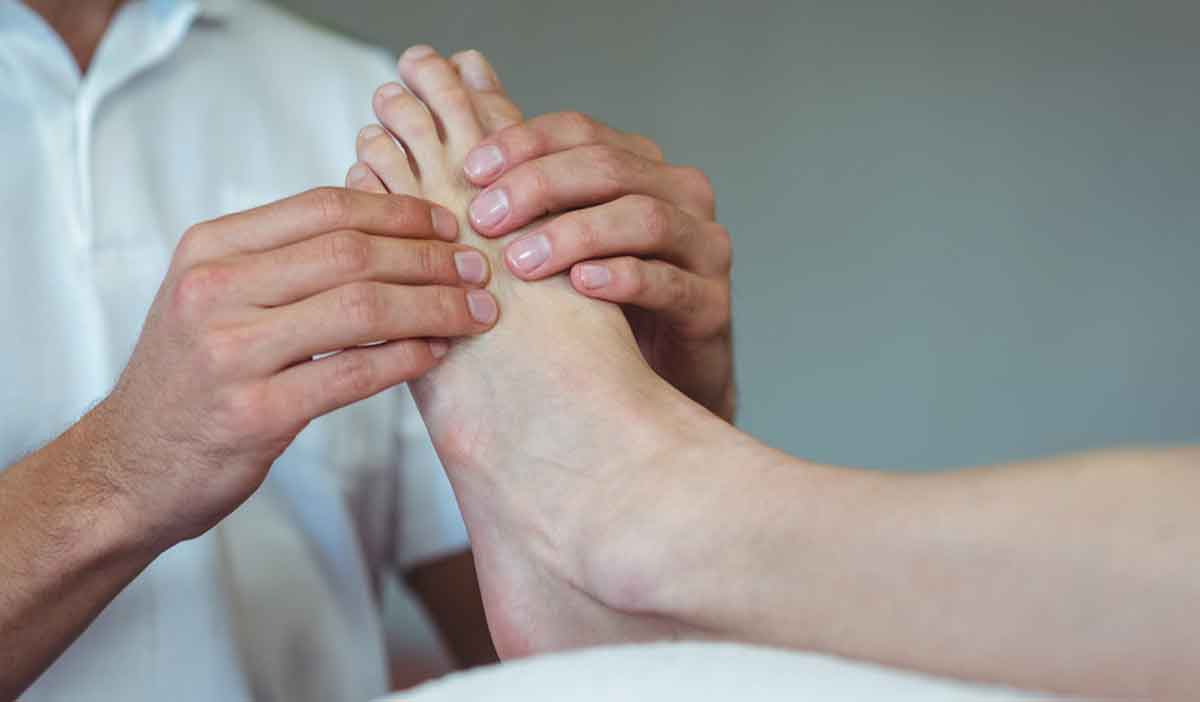Diabetes and foot care: treating charcot foot
Posted on Nov 17, 2017 8:00:00 AM | Foot care, Diabetes

Charcot foot, pronounced "shar-kō," is a condition where your foot becomes red, then swells, and turns painful. It is not exclusive to diabetic patients, but its effects can be worse if you have metabolic disease. That's why when you have common diabetic symptoms such as loss of sensation and numbness, it's crucial to check your feet daily to lower the risk of complications, such as Charcot foot.
Read More






